New York City — America’s largest metropolis and its financial nerve centre — is poised for a mayoral election that could reshape its very political identity.
On Tuesday, November 4, voters will decide whether to hand power to a democratic socialist for the first time in the city’s history.
At the centre of this historic contest stands Zohran Mamdani, a 34-year-old Uganda-born state assemblyman, running as the Democratic nominee.
Mamdani has captured the public imagination with a message centred on affordability, equity, and what he describes as a “new kind of politics.”
His ascent represents a generational and ideological shift that has energised young and working-class voters but unsettled corporate and financial interests.
Mamdani, who has consistently led in the polls since June, faces two rivals — former Governor Andrew Cuomo, running as an independent after losing to Mamdani in the Democratic primary, and Republican Curtis Sliwa, the founder of the Guardian Angels crime-prevention group.
The three-way contest has drawn national attention, particularly from United States President Donald Trump and former US President Barack Obama, each for very different reasons.
How has Obama supported Mamdani?
US news outlets confirmed that Mamdani received a personal call from Obama on Saturday.
Obama, who also campaigned that day for Democratic gubernatorial candidates Mikie Sherrill in New Jersey and Abigail Spanberger in Virginia, reportedly offered to serve as a “sounding board” if Mamdani wins the election.
“Zohran Mamdani appreciated President Obama’s words of support and their conversation on the importance of bringing a new kind of politics to our city,” said Mamdani spokesperson Dora Pekec.
The endorsement adds to a wave of establishment support Mamdani has gathered since his surprise victory in the Democratic primary on June 24, where he defeated Cuomo in what observers described as a political upset.
His victory was followed by endorsements from key Democratic figures, including New York Governor Kathy Hochul, former US Vice President Kamala Harris, long-time US Senator Bernie Sanders and recently House Minority Leader Hakeem Jeffries.
These endorsements, coupled with his grassroots fundraising model, have made Mamdani the frontrunner in most major opinion polls.
His campaign has relied heavily on small donations rather than corporate contributions, with volunteers canvassing neighbourhoods across the city to reach first-time and young voters.
What do the most recent polling trends say?
Public interest in the race has surged. By the final weekend before election day, over 700,000 New Yorkers had already cast their ballots during early voting — significantly higher than in the previous mayoral election.
Multiple polls conducted in late October show Mamdani maintaining a clear, though tightening, lead over Cuomo, with Sliwa trailing in third place.
Here is a breakdown of the latest polling data:
AtlasIntel (Oct 25-30): Mamdani 41%, Cuomo 34%, Sliwa 24%
Beacon Research/Shaw & Company Research (Oct 24-28): Mamdani 47%, Cuomo 31%, Sliwa 15%
Marist University (Oct 24-28): Mamdani 48%, Cuomo 32%, Sliwa 16%
Quinnipiac University (Oct 23-27): Mamdani 43%, Cuomo 33%, Sliwa 14%
Emerson College (Oct 25-27): Mamdani 51%, Cuomo 26%, Sliwa 21%
Manhattan Institute (Oct 22-26): Mamdani 43%, Cuomo 28%, Sliwa 15%
JL Partners (Oct 23-26): Mamdani 43%, Cuomo 29%, Sliwa 19%
Suffolk University (Oct 23-26): Mamdani 44%, Cuomo 34%, Sliwa 11%
Victory Insights (Oct 22-23): Mamdani 47%, Cuomo 29%, Sliwa 16%
Zenith Research (Oct 14-20): Mamdani 45%, Cuomo 29%, Sliwa 15%
Patriot Polling (Oct 18-19): Mamdani 43%, Cuomo 32%, Sliwa 19%
Gotham Polling & Analytics (Oct 22-26): Mamdani 43%, Cuomo 29%, Sliwa 19%
The polls reveal that while Mamdani’s support base remains strong, Cuomo has narrowed the gap slightly in recent weeks, particularly among older and moderate voters.
What is Mamdani’s campaign about?
Born in Kampala, Uganda, to Indian parents and raised in New York City, Mamdani represents a cross-section of global and local identities.
His political journey began as a community organiser and housing advocate, before his election to the state assembly, where he became known for progressive legislation and outspoken views on policing, housing, and foreign policy.
If elected, he would make history as New York City’s first Muslim mayor, and one of the youngest to ever hold the office.
His platform centres on tackling affordability — a message that has resonated deeply with working families facing rising rents, stagnant wages, and escalating costs. Among his policy priorities are:
Raising taxes on the city’s wealthiest residents and large corporations
Freezing stabilised rent rates and increasing publicly subsidised housing
Offering free public buses and child care
Creating city-run grocery stores to combat food insecurity
Raising the minimum wage to $30 per hour
These proposals, however, have alarmed the city’s financial sector and major employers.
Critics warn that higher taxes and social spending could drive businesses away, but Mamdani’s team insists that his policies are fiscally viable, projecting that new taxes on corporations and millionaires could generate $9 billion in annual revenue.
Independent analysts, including the libertarian-leaning Cato Institute, have questioned the math, suggesting his spending plans might outstrip revenues.
Can Mamdani win the NYC mayoral race?
Standing in Mamdani’s path are two seasoned opponents. Andrew Cuomo, 67, is seeking political redemption after his resignation as governor in 2021 amid sexual harassment allegations, which he continues to deny.
Running as an independent, Cuomo has focused his campaign on public safety, promising to hire more police officers and to restore “order and confidence” in city governance.
Cuomo’s campaign has drawn backing from centrist Democrats and segments of the business community who see Mamdani’s policies as too radical.
He has also gained the endorsement of outgoing Mayor Eric Adams, who withdrew from the race in September after sustained criticism from business leaders and declining poll numbers.
Adams, who had been under federal investigation for alleged corruption among aides — charges later dismissed by the Justice Department — ultimately endorsed Cuomo, calling him the most experienced choice to lead the city.
Cuomo has also courted conservative and right-leaning voters, particularly in neighbourhoods like Brighton Beach, positioning himself as the only candidate capable of defeating Mamdani.
His campaign messaging has centred on warnings that a Mamdani administration could threaten the city’s economic stability.
Last month, former NYC mayor Michael Bloomberg poured $3.5 million into a super PAC opposing Mamdani and $1.5 million into another backing Cuomo.
The third candidate, Curtis Sliwa, 71, has defied repeated calls to drop out of the race. Recognisable by his trademark red beret, Sliwa rose to prominence in the 1980s as founder of the Guardian Angels, a volunteer organisation that patrolled New York’s subways to deter crime.
His campaign has focused on law and order, homelessness, and opposition to progressive crime policies.
Sliwa has mocked both major rivals on the debate stage, once quipping, “Zohran, your resume could fit on a cocktail napkin. And Andrew, your failures could fill a public school library in New York City.”
Despite limited financial resources, Sliwa’s persistence could influence the final outcome, as analysts suggest his votes might otherwise go to Cuomo.
Cuomo’s campaign has circulated AI-generated videos warning conservatives that “a vote for Sliwa is a vote for Mamdani,” a bid to consolidate anti-socialist voters behind his candidacy.
What has Trump said about the NYC mayoral race?
No New York election in recent years has unfolded outside the shadow Donald Trump, a New York real estate magnate, now the US president for a second time.
Trump has weighed in repeatedly, framing Mamdani’s rise as a threat to national stability.
“Remember, he needs the money from me, as President, in order to fulfill all of his FAKE Communist promises. He won’t be getting any of it, so what’s the point of voting for him?” Trump wrote on social media.
He has also privately told allies that Mamdani “can’t be beat,” acknowledging the Democrat’s dominant polling position. However, his public statements have included threats to withhold federal funds if Mamdani’s policies are enacted.
The US president’s rhetoric puts a spotlight on the high stakes of this local race, which has become a proxy for America’s broader ideological divide.
For Democrats, Mamdani’s rise embodies the tension between the party’s progressive base and its centrist establishment.
For Republicans, the election offers a potential rallying point against socialism and what they portray as runaway urban liberalism.
What would Mamdani’s win mean?
In a city home to nearly 900,000 Muslims, Mamdani’s potential victory would mark a watershed in representation. For supporters, it signals the inclusion of voices long absent from the city’s highest office.
But critics have described Mamdani as “extremist,” pointing to his previous support for defunding the police, his bill to decriminalise prostitution, and his backing of the Boycott, Divestment, and Sanctions (BDS) movement targeting Israel.
His proposal to revoke the tax-exempt status of charities operating in Israeli settlements has also drawn controversy.
Still, Mamdani’s campaign has tapped into widespread frustration with the status quo. The city’s struggles with housing, affordability, and social inequality have created fertile ground for his message of structural reform.
Political analysts view the race as a test of whether a socialist platform can succeed in America’s financial capital — and whether such a victory would inspire similar movements across the country.
New York’s mayoralty unfolds at a moment when the country’s political, economic, and cultural divisions are sharper than ever.
If Mamdani wins, it would be seen as both a repudiation of centrist politics and an endorsement of a bold progressive vision in one of the world’s most influential cities.
For the Democratic Party, the implications are complicated. While his victory could energise young and left-leaning voters, it could also invite more Republican criticism — especially given his foreign policy positions and outspoken criticism of Israel.
For the national GOP, a Mamdani-led New York could become a focal point in campaign rhetoric about urban governance and crime.
For progressives, however, it could become proof that left-wing policies can resonate even in a city long defined by capitalism and corporate influence.
Regardless of who wins, the election has already transformed New York’s political conversation. It has forced voters, business leaders, and politicians to confront what kind of city New York wants to be.
Unlike the Democratic primary, the general election will not use ranked-choice voting — meaning whoever secures the most votes on November 4 will become the next mayor.
We wait now, to see what kind of future New York City might choose for itself.
Also Watch:
With inputs from agencies


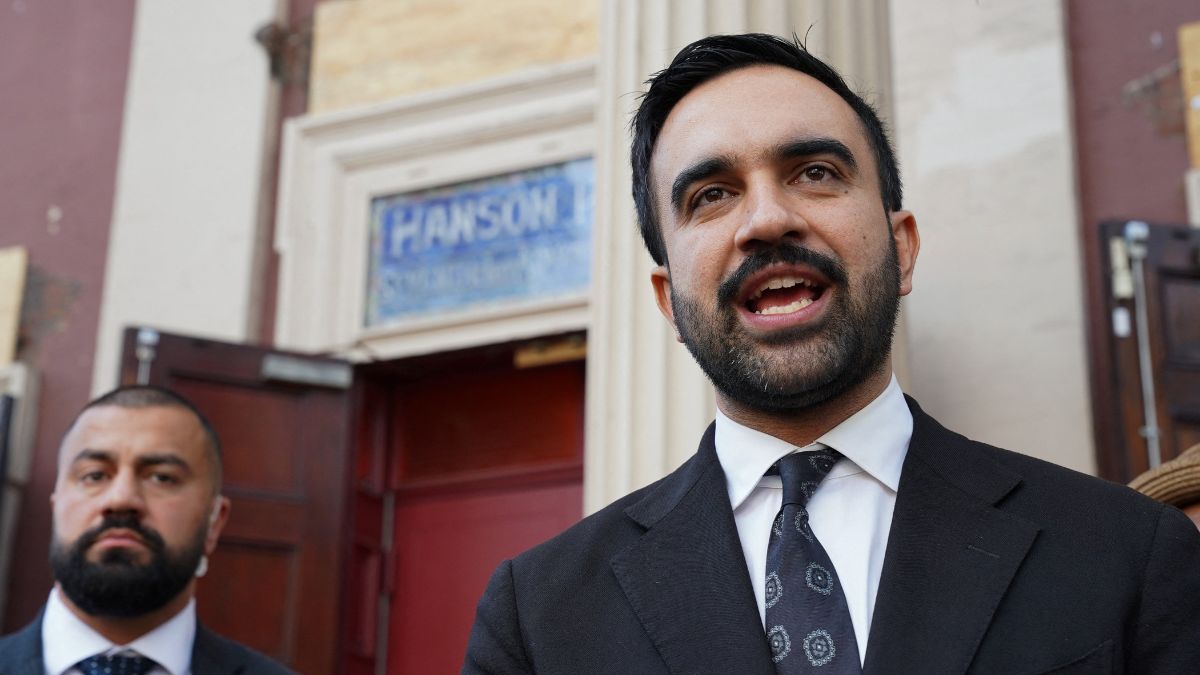)
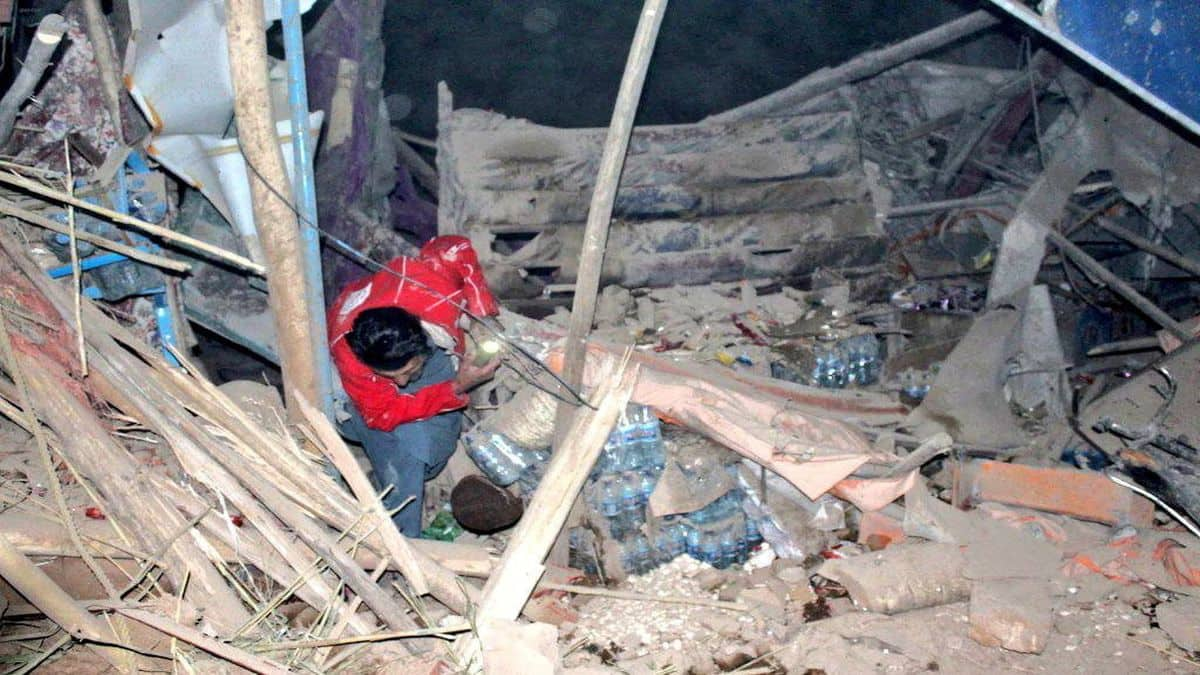
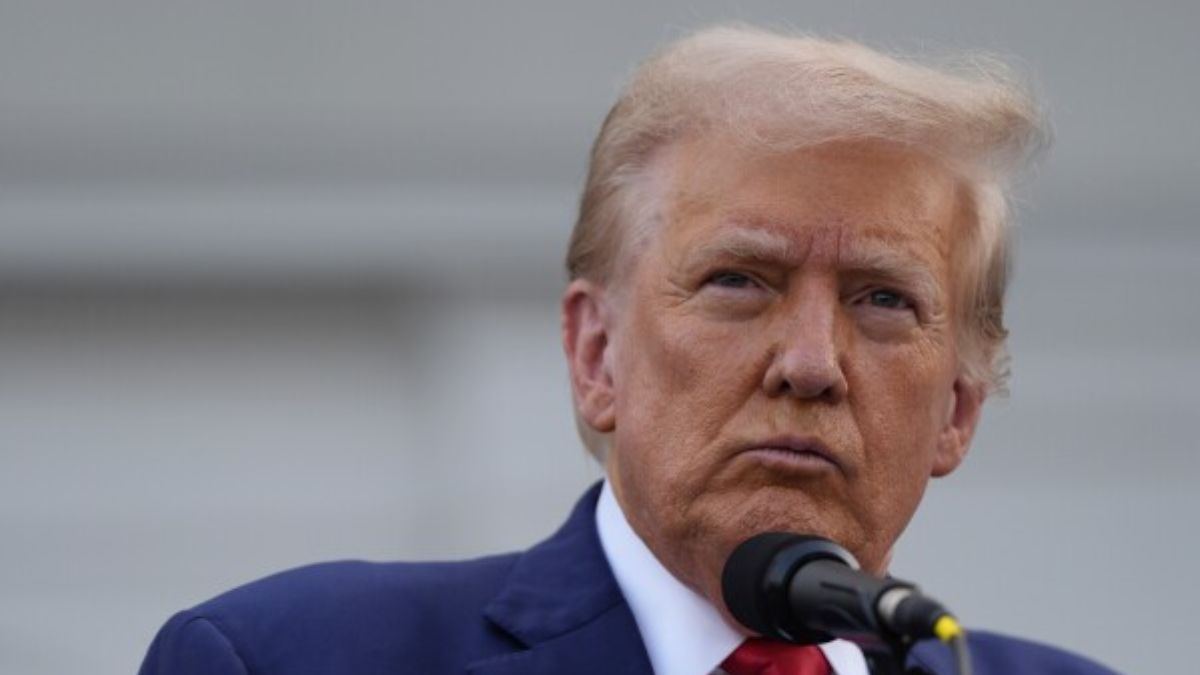)
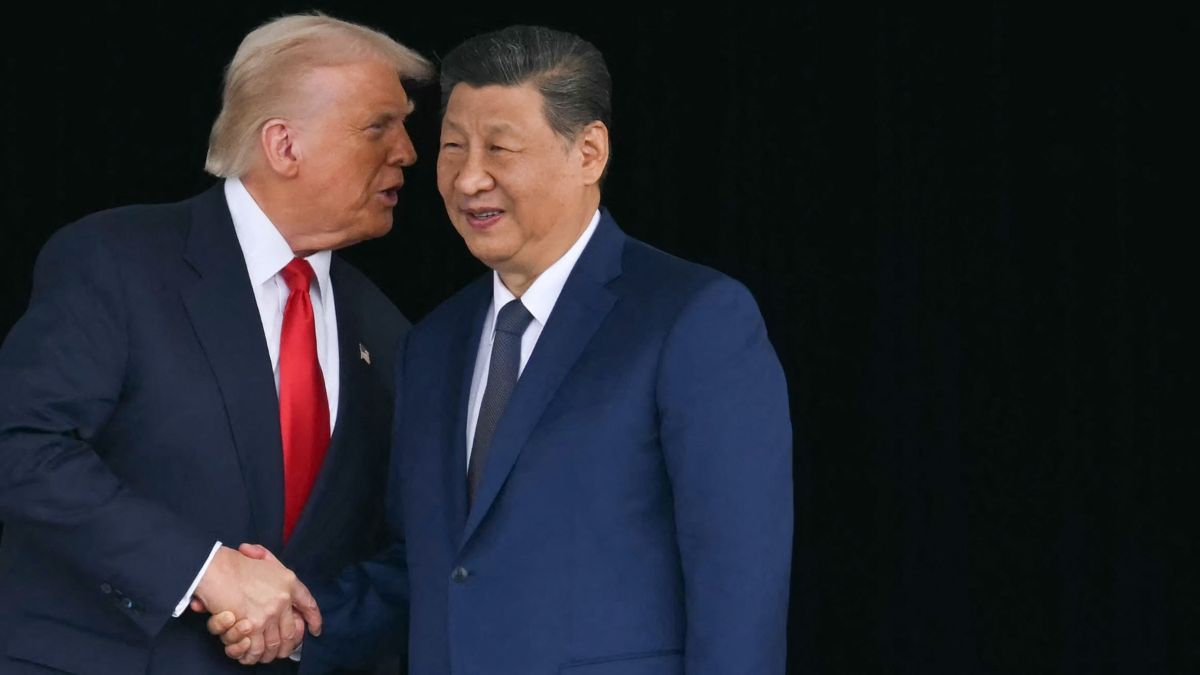)
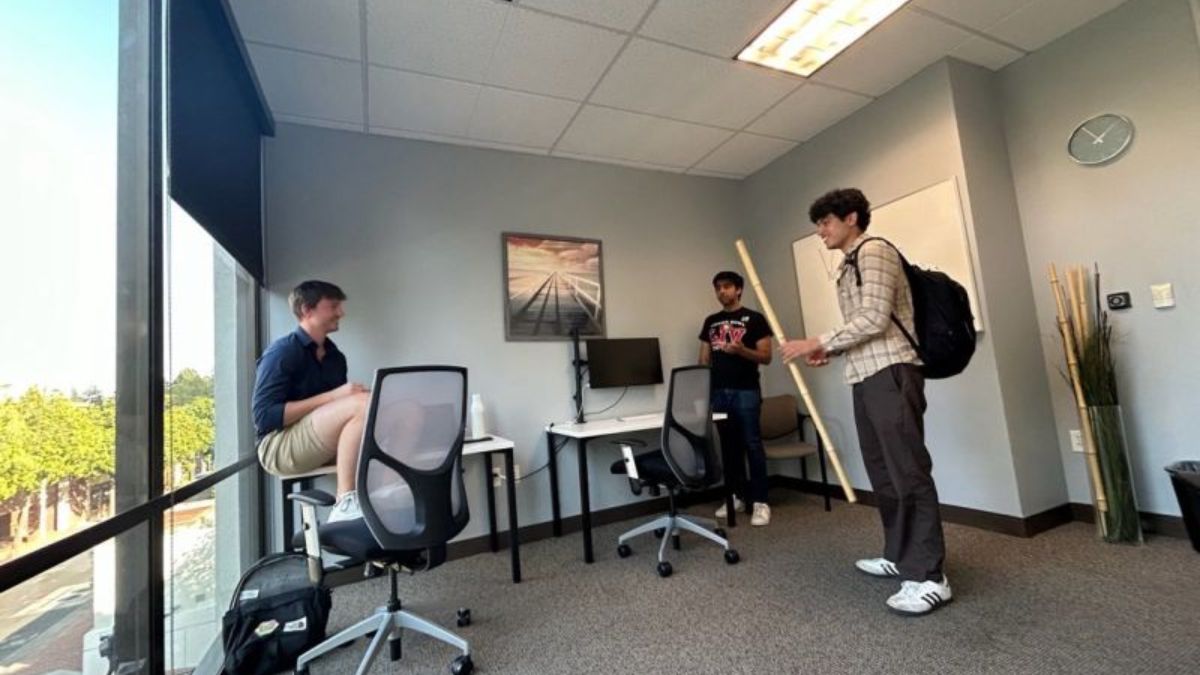)
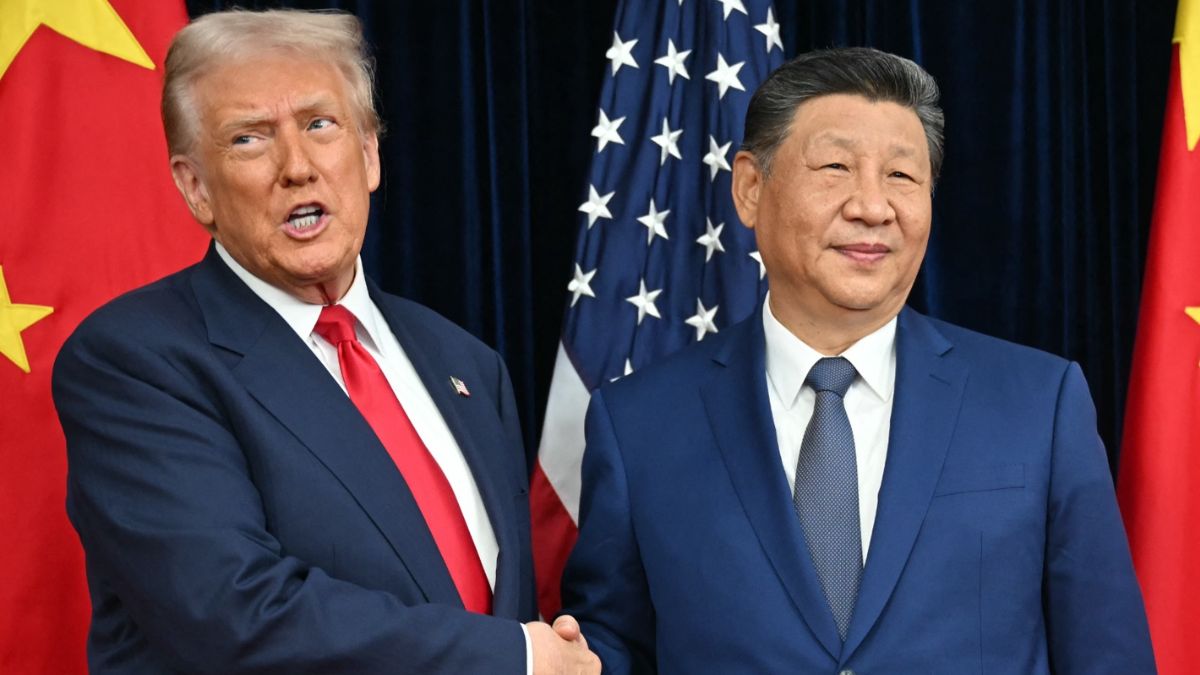)
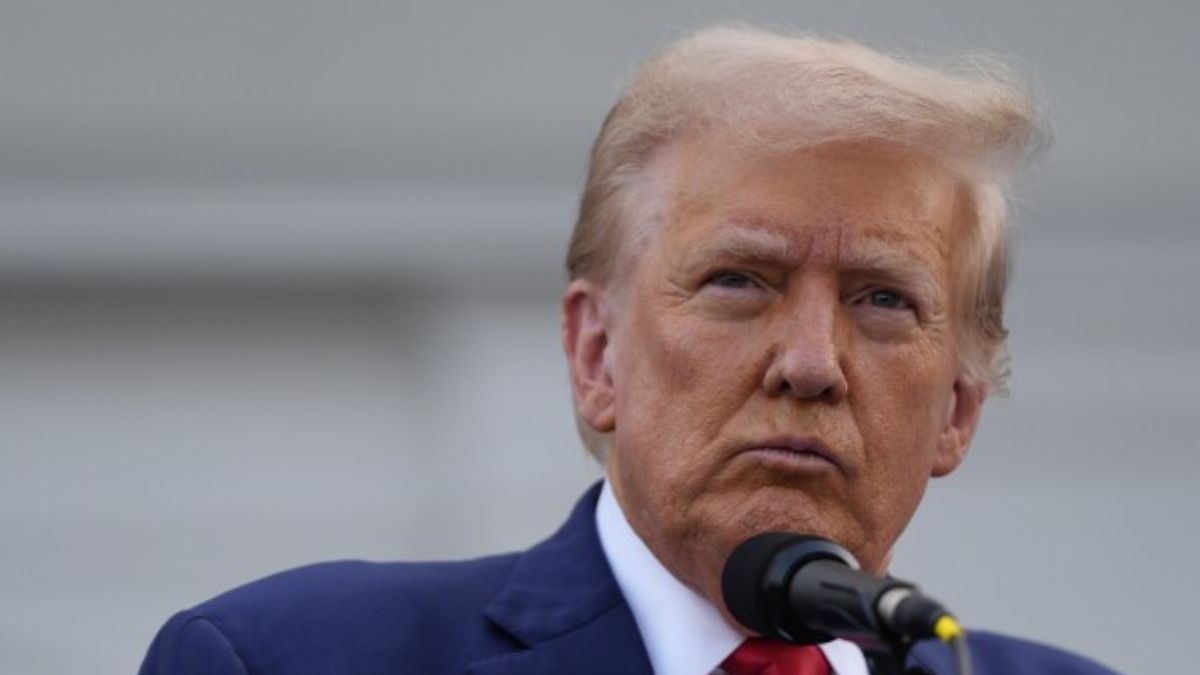)
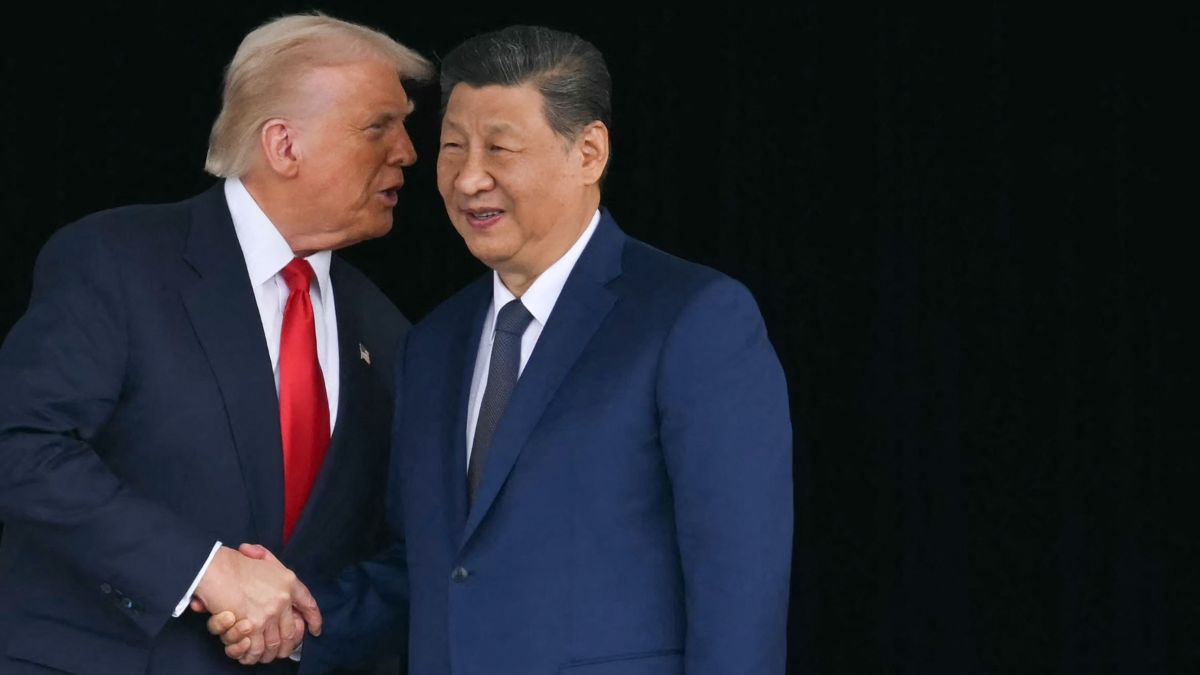)
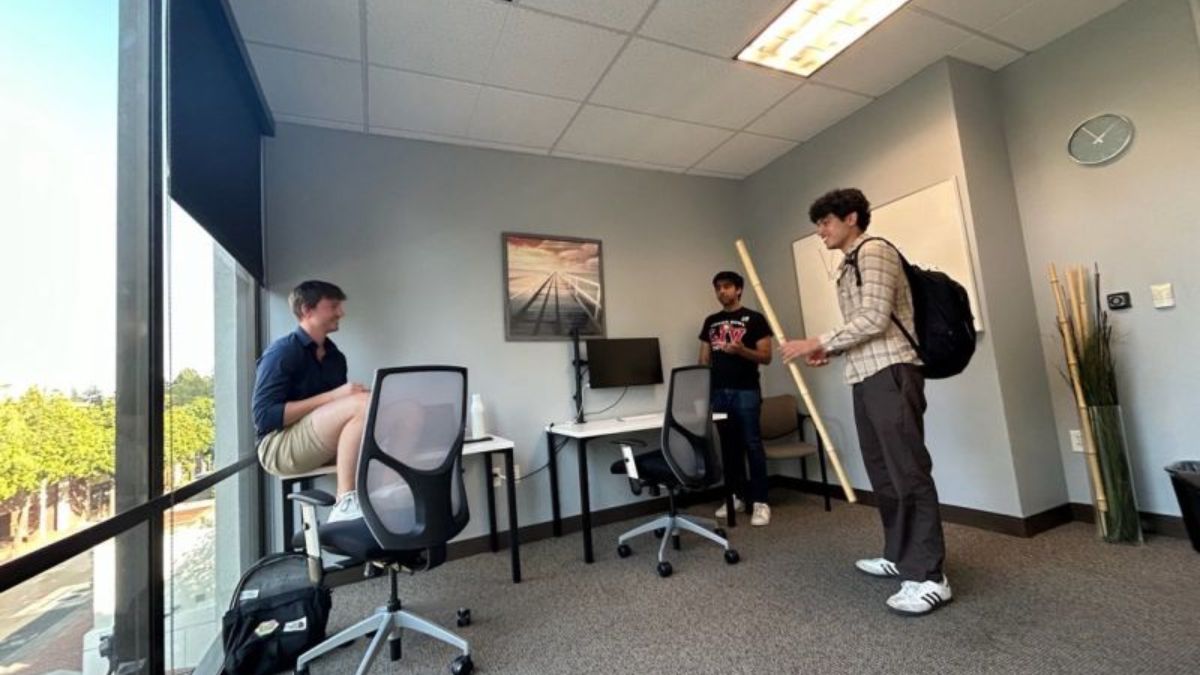)
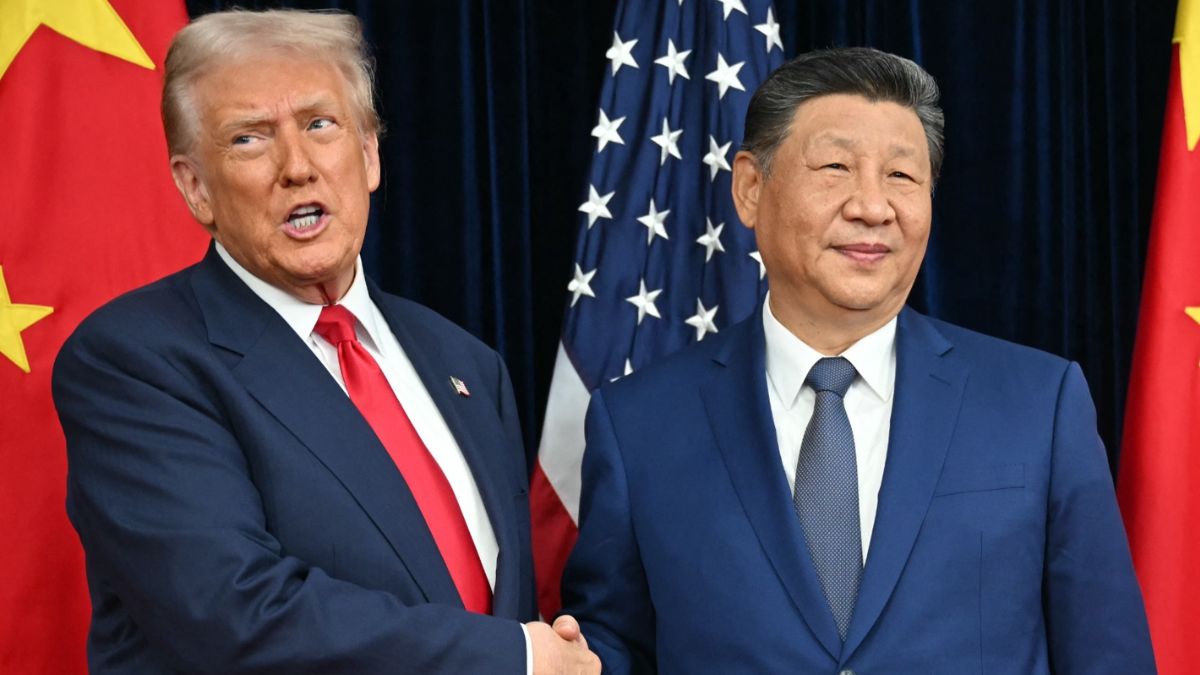)



